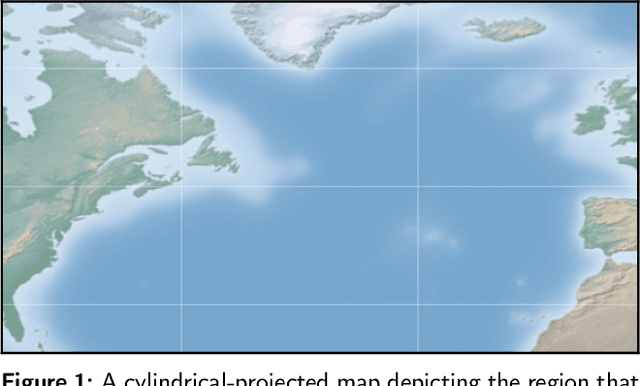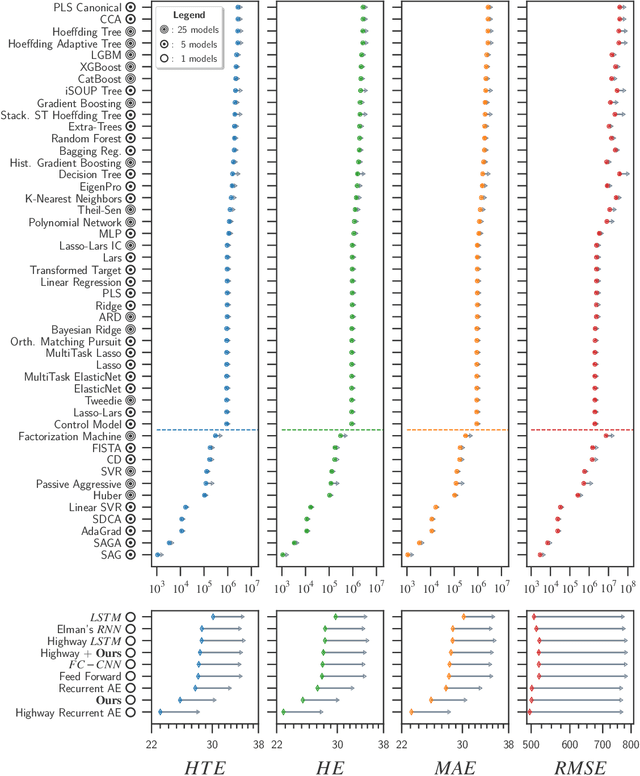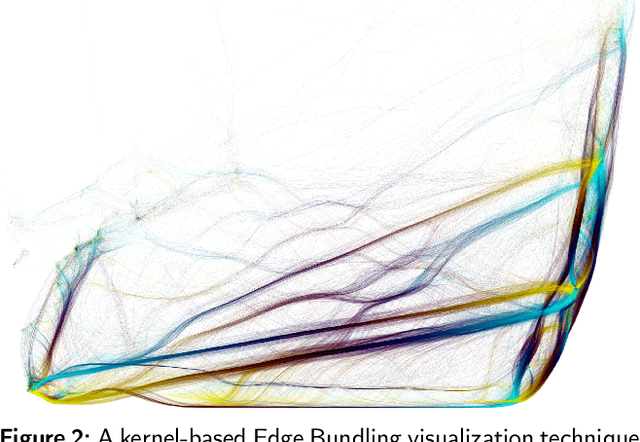Unfolding collective AIS transmission behavior for vessel movement modeling on irregular timing data using noise-robust neural networks
Paper and Code
Feb 24, 2022



This paper aims to model the Automatic Identification System (AIS) message transmission behavior through neural networks for forecasting the upcoming AIS messages' content for multiple vessels simultaneously in the face of messages' irregular timing. We present a set of experiments comprising tens of algorithms used for forecasting tasks with horizon sizes of varying lengths. Deep learning models revealed themselves to adequately capture the temporal irregularity while preserving the spatial awareness of different vessels. We show how a multi-directional and multi-layer long-short-term memory network and a convolution feature-extraction layer improve such a task by up to 20.01%.
* Submitted on Feb. 23rd to the Journal of Computational Science
 Add to Chrome
Add to Chrome Add to Firefox
Add to Firefox Add to Edge
Add to Edge